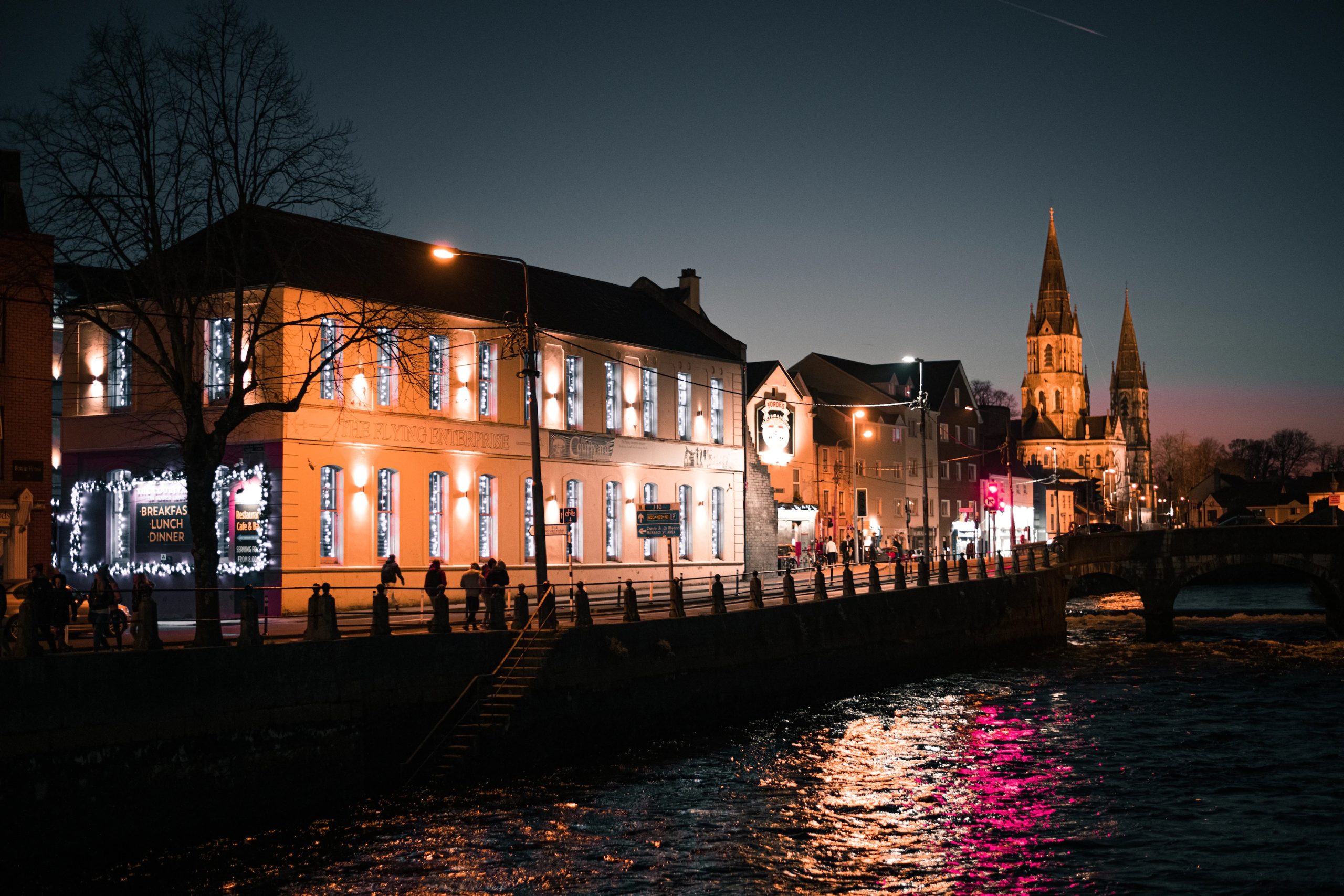‘The Rebel City’ is one of Ireland’s gems, nestled in the south of Ireland, it’s a place that many Irish people consider an unofficial capital. Along with being at the heart of Ireland’s history, Cork’s connection to the sea runs deep, too. Its coastal location means provides the scenic and peaceful environment Ireland is known for, as well as offering a sense of discovery and freedom.
For a city with so much history, it’s a notably modern place. Fast internet speeds, the impressive Elysian Tower, great transport connections, and a thriving food culture make Cork a very attractive place to pick for those considering spending some time living in Ireland, or even permanently moving there. Visiting or moving to Ireland can be dependent on a lot of factors, but with the right knowledge, you can safely and quickly secure passage to one of Europe’s most unique and historically rich countries.
Your Ticket to Cork
If you’re thinking of moving to Cork for an extended period of time, you’ll need to ensure you’ve got the right approvals to do so. UK citizens benefit from the Common Travel Area agreement, so no visa is needed to live and work there. The same goes for EU citizens, who are able to visit, and remain for up to 3 months without needing to register for a residence permit. Should you end up wanting to stay in Cork longer, or if you’re not an EU/EEA citizen, the only way to be able to receive income and benefit from rights like healthcare, will be to obtain a Short-Stay ‘C’ visa or Long-Stay ‘D’ visa. Beneath those terms are various types of permits for different rights.
The process can be complex to say the least, especially if English isn’t your native language, or obtaining certain documents is challenging for you. A great way to start that process is speaking with some of the most experienced immigration solicitors Ireland has to offer, who will be able to manage the application with you and ensure you apply for the correct visas, and can secure rights to move family members with you in the future, too.

Location, Location, Location
Due to Cork’s age, the layout is typical of many ancient Irish and English towns, with narrow roads, a lot of alleys and original structures of old stone and brickwork. This can mean you’ll find some amazingly unique places to live in the city centre, which is also home to two universities. This makes Cork’s centre very bohemian and lively, designed to cater to those looking for nightlife, opportunity and access to transport links. However, if you’re hoping for a quieter pace of life with family, for example, take a look at the suburbs and surrounding towns like Kinsale and Ballincogg, which are easy to commute from and better for raising children.
Finding Work
It’s more than likely that securing work is top of your list since Ireland is a well-developed and relatively expensive place compared to many European countries. Finding work is, thankfully, not too hard. You’ll need to apply for a PPS number – again speaking to a legal professional on this process can be helpful – and try and be aware of some of the most popular industries in Cork. These include IT services, pharmaceutical, retail and healthcare roles. Your job hunt isn’t something you alone have to deal with – plenty of job sites cover Cork and will make your life a little easier, we’d recommend JobsIreland.ie or Indeed as good starting points.
Moving to Cork is a chance to experience one of Ireland’s most popular and authentic cities. Like a lot of Ireland, it combines an attractive blend of bright, lively city living with a storied and acclaimed natural environment. While Dublin might sweep up the accolades as Ireland’s biggest city, Cork remains a really exciting and interesting prospect to visit, and often settle in for the longer term – don’t miss out!
#SP
Help support Cork Safety Alerts by becoming a member – Click Here

